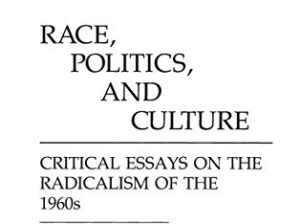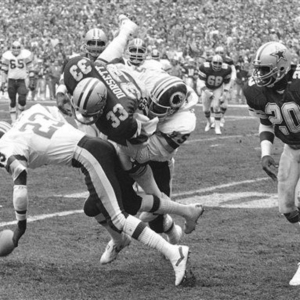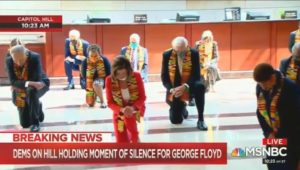
What’s Left for New Orleans? The People’s Reconstruction and the Limits of Anarcho-Liberalism (2019)
Why was the left so unsuccessful in crafting a powerful alternative to the agenda of the city’s business elite? A partial answer to this question can be found in the balance of class forces in the city after Katrina, where the very constituencies who might have written a different story of recovery—public workers, unionized teachers, and public housing residents—were banished from New Orleans.









